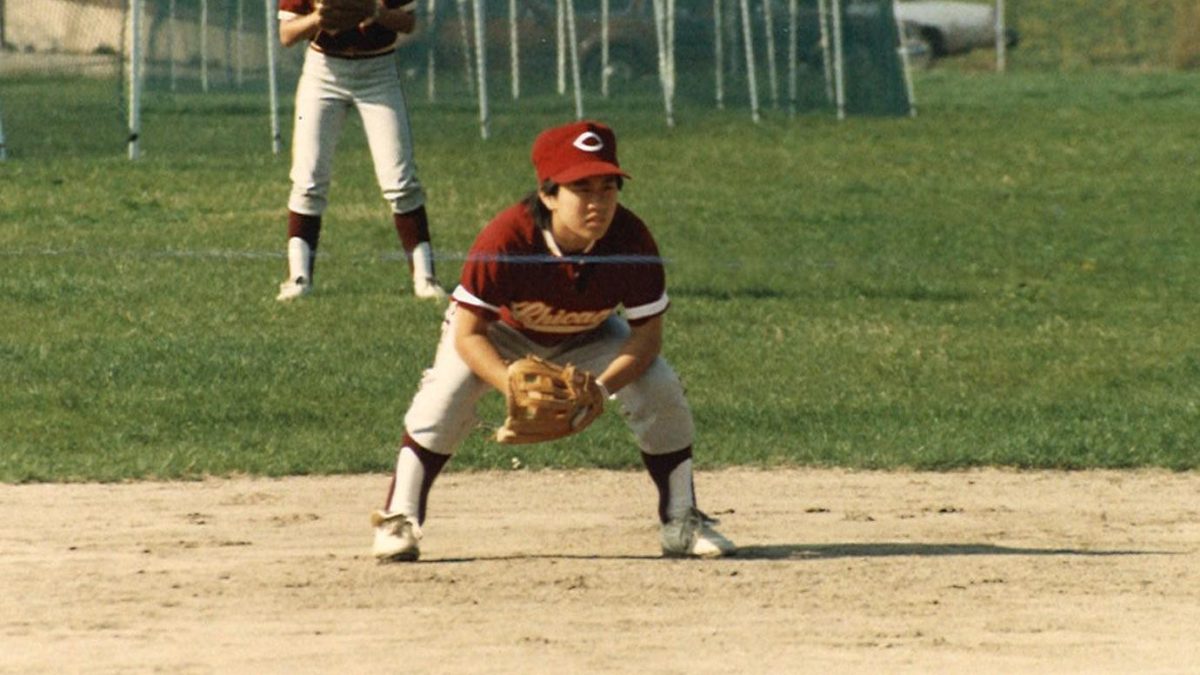Since Marseille won the Champions League in 1993, French soccer has attracted attention via its national team (the World Cup 2002 debacle was more an exception than a rule), which breezed through the qualification stage for Euro 2006. Yet somehow French soccer does not live up to its national team; it is a championship that has been forgotten by the rest of the soccer world.
Why?
The easy explanation: French clubs in European cups in the last few years have met with little success. Every year, French teams try to pass the first stage of the Champions League and fail horribly due to a lack of depth and talent; in order to go far in the CL, a team must have a second first-quality team on the bench because players have games every three days.
Look at Madrid, Milan, and Manchester United. Their benches are deep, whereas even the most successful team in France, Lyon, has trouble organizing a group of 15 good players. And forget about teams like Lens, Auxerre, or Nantes, whose objective is to reap the crops of the first round, and then to concentrate once more on the French league championship. Throughout Europe the objective is to go to the quarterfinals of the Champions League. In France, third in the first round is a satisfactory result.
The French national championship is spiced with small sides like Nice or Sochaux that prevent major clubs from winning too easily, as opposed to countries like England, where the only surprise is to see Arsenal third instead of first or second.
Give the French championship the luxury of suspense. Last year’s standings featured ten clubs within three points of each other and the winner could have been designated by a simple flip of a coin. What a chance for bookmakers—no 15-point deficit for Arsenal to ManU or other easy fixtures that assure the big clubs the title. In France, the small sides will do better than resist—they will actually win.
Moreover, French players do not play in the French championship due to limited budgets. In Marseille’s victorious campaign, the majority of the national team played in France. In 1996, foreign clubs started to attract the best French players.
A small bright spot is that great players in the twilight of their careers often come to play a few final seasons in France. Elber, Pauleta, and Morientes are all good examples.
And, every once in a while, the French system produces some excellent young talent of its own. Djibril Cissé, Philippe Mexès, Michael Landreau, and Daniel Van Buyten are all bright stars, but with the nasty French habit of selling the best prospects below cost, it remains to be seen how long they will stay in the league. The latest example was the sale of 24-year-old versatile defender Jeremie Brechet from Olympique Lyonnais to the Italian club Internazionale for just 4.5 millions euros.
Are other European leagues faring any better?
Yes and no. In Germany, Bayern Munich is the only native club that regularly appears in the European Championship. Germany has many ambitious clubs, but most of them lack consistency. In this way, the championship is crippled by average teams that can’t seem to get it together at the European level. The narrow escape from relegation by Leverkusen, runner-up in the Champions League a year before, shows the true fragility of German soccer.
Italian soccer is more tactical as seen in the more than boring (except if you are a Milan fan) CL final and semi-final rounds. For them, defense is always the first priority, while scoring is expected to follow on its own. The Italian clubs do their best to capitalize on the three or four scoring opportunities they receive each game, and then often hang back on defense. It is this style of dump-and-chase soccer that often leaves even the home fans yawning.
The English game is the real spectacle—what fans often praise as the true spirit of soccer. Defense remains in the background because the attacking lines are always on the move. In England, you win by creating opportunities and applying constant pressure to the defense.
But such a guns-blazing strategy often backfires in the CL, like in the rout that Inter gave to Arsenal this year. Moreover, English soccer is all about money. Even mid-table teams have the financial means to get excellent players (Tottenham bids for excellent players like Rivaldo) and are all financially sound. For this reason, English teams are very difficult to compete with in the long term.
In the Spanish league, Madrid, Deportivo, Valencia, and Barcelona are all powerful fixtures on the European stage.
Here’s the real mystery: the Spanish contenders are similar their French counterparts in terms of structure. Three or four teams usually set the pace of the championship. But in France, the sub-par teams manage to get the upper hand on big clubs, and until these fortunate bastions of mediocrity finally give way to France’s juggernauts, the French league will remain at its current appalling level.
In order to put themselves on par with the rest of Europe, French clubs need to find ways to become more economically viable, while simultaneously pursuing foreign talent more aggressively. If the French league can successfully rebuild its entire foundation on these two principals, then its clubs will be better prepared to face the rest of Europe.







